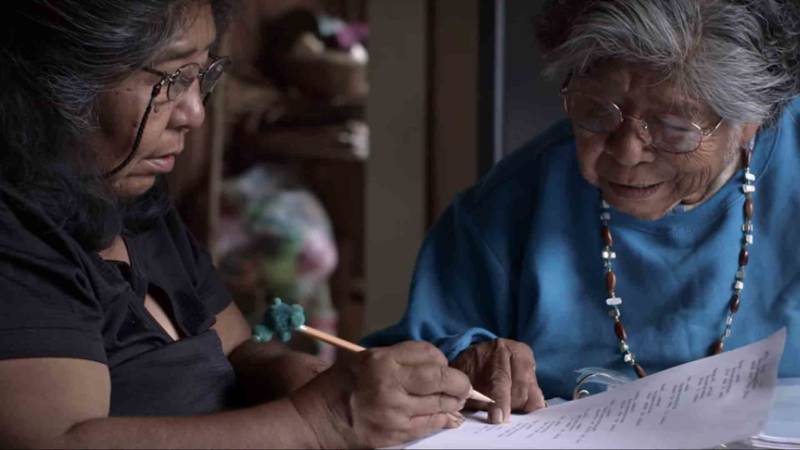By Erin Wilkey Oh , Common Sense Education
The rise of digital media is significantly changing how we teach and learn about history. Take a look at Twitter during an international crisis, and you'll see we now have instant access to a diversity of firsthand accounts as history is made. And with the click of a mouse, we can browse digital archives with text, images, audio, video, and other media that have been socked away in attics, art museums, and library basements for decades -- even centuries.
Mobile technology, social media, and digital-archiving capabilities help bring to light perspectives and experiences that have been ignored, overlooked, or unknown by previous generations. And firsthand accounts, along with the intimacy of multimedia, help students make personal, relevant connections to history.
Give your students a chance to learn about multiple perspectives on historic events with these compelling websites:


